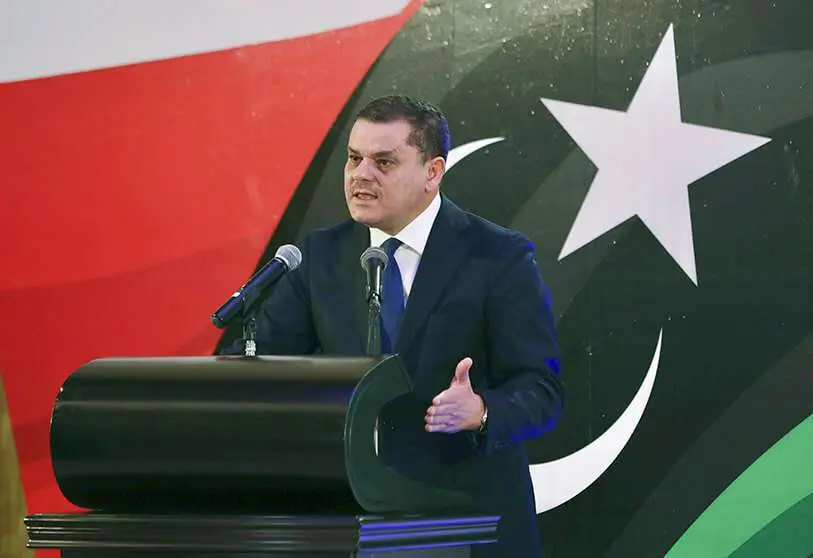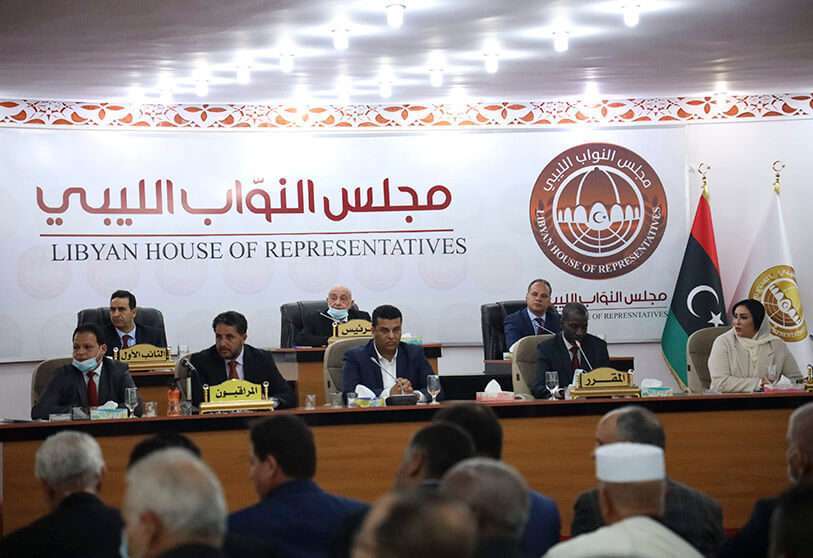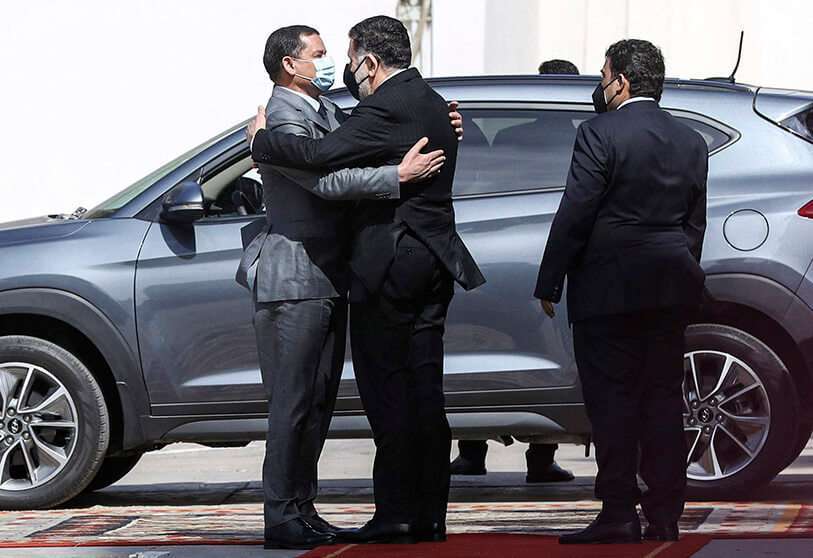Eastern government caves in and recognises new Dbeiba government

Libya's Eastern Government - which is not officially considered by the international community - led by Abdulah al-Thani, has finally recognised the new government of Abdul Hamid Dbeiba. It did so during a ceremony in the northern Libyan coastal city of Benghazi, and not only recognised his authority, but also fully handed over to the new unified government, which will remain in power at least until elections on 24 December this year.
The event in the country's second largest city was attended by representatives of the interim government. Hussein Attiya al-Gotrani, one of Dbeiba's two deputy prime ministers, along with some of his ministers, including Interior Minister Khaled Mazen, who came from Tripoli, according to an AFP journalist. Al-Gotrani expressed his optimism and satisfaction with this new step towards peace in Libya: "The phase of divisions is over (...), the Government of National Unity is at the service of all citizens, whatever their region," he said in a speech broadcast by local media.

The recognition of the new government by Al-Thani's supporters was not the first. Last week it was the UN-backed government of Fayez al-Sarraj, the GNA. Al-Sarraj's al-Sarraj have had a foothold in the west of the country since 2016. Now, thanks once again to UN mediation, the GNA has recognised the interim government and the Presidential Council. Fayez al-Sarraj's government has never enjoyed the widespread support that Prime Minister Abdul Hamid Dbeiba now enjoys, following the support of the Libyan Political Dialogue Forum (LPDF).
The new government has received praise from around the world. The US ambassador to Libya, Richard Norland, said that this was a "historic moment for Libyan women" due to the inclusion of up to five women in the new government. This step, although there is still a long way to go, is another step forward in the search for equality in Libya. Something to which the United Nations itself attached great importance due to its significance: "It is an important step towards advancing women's rights".
However, Libya's fundamental goal remains a stability that is still far from being achieved. Less than 10 days ago, the Libyan National Army (LNA) launched an offensive targeting Abu Omar, one of Daesh's most prominent leaders across the country. He was most responsible for the seizure of the city of Sirte in 2015, which he intended to make the city the centre of terrorist activity in Libya.

The attack orchestrated by Khalifa Haftar was carried out to combat terrorism in the country, despite the recommendations of the United Nations, which urged the parties to respect the ceasefire decreed just five months ago: "The Security Council calls on all parties to fully implement the ceasefire agreement (of 23 October) and urges member states to respect and support the full implementation of the agreement", said the official statement issued by the UN.
The controversy has not yet disappeared from the UN-backed government, despite having been ratified by the House of Representatives. The Ministry of Defence is still in disarray and, at this point, Dbeiba's intention is to take over the Ministry of Defence himself in view of the difficulty and controversy surrounding the Ministry.








